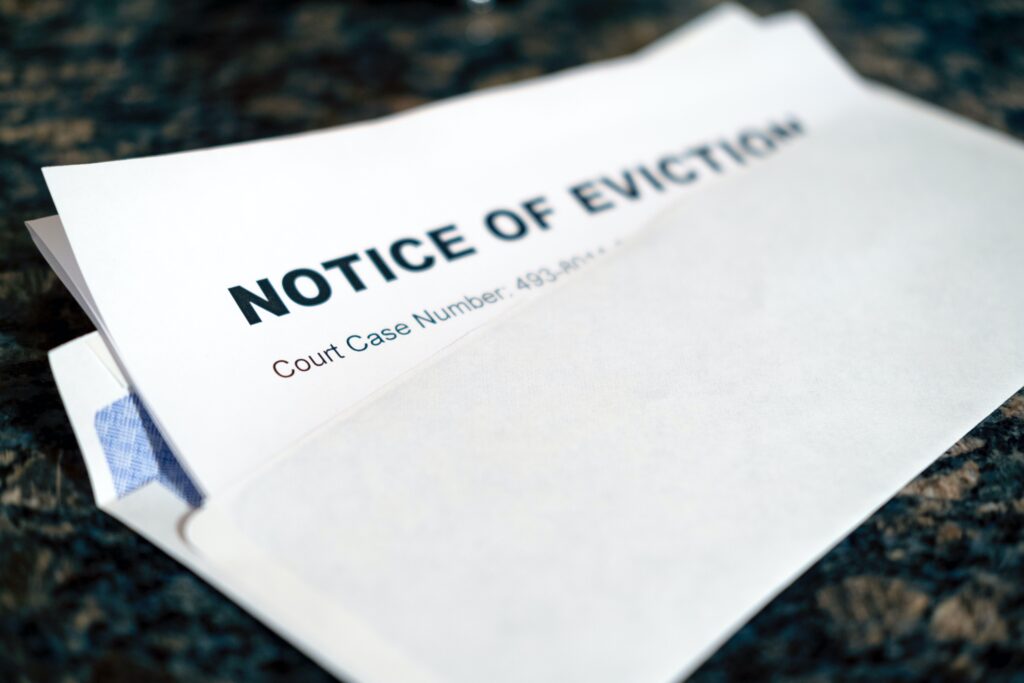Interest-only mortgages offer lower monthly payments because you’re only paying the interest, not reducing the actual loan amount. When your mortgage term ends, you’ll need to repay the full original loan. Many homeowners find themselves worried about repaying such a high lump sum when the time comes.
If you’re concerned about not being able to pay off your interest-only mortgage, know that there are several options available to help. Acting early gives you the best chance of avoiding serious problems like repossession.
Why homeowners struggle to repay interest-only mortgages
There are several common reasons why borrowers face difficulties. Many took out interest-only mortgages without establishing a solid repayment strategy. Some planned to use investments to pay off the mortgage, but these haven’t performed as expected.
If you were banking on your home increasing significantly in value, market fluctuations may have affected your best-laid plan. Changing financial circumstances such as redundancy, divorce or illness can also derail financial plans. Rising living costs may have also prevented you from saving as planned.
What happens if you can’t repay?
If you can’t repay your interest-only mortgage at the end of the term, your lender will expect full payment. They could take legal action and repossess the property to recover the debt. Your credit score would also be damaged, affecting your ability to borrow in the future.
Options to consider paying off an interest-only mortgage
Contact your lender as soon as possible. They may offer solutions like extending your mortgage term, converting to a part-repayment mortgage or switching to a retirement interest-only mortgage for older borrowers.
Downsizing your home is another common solution. Selling your current property to buy a smaller, less expensive one could free up enough money to pay off your mortgage. Consider current property market conditions, as well as factors like moving costs.
If you’re over 55, equity release could be an option. It allows you to release tax-free money from your home while continuing to live there. The loan is repaid when you die or move into long-term care. Remember that equity release reduces the value of your estate and may affect means-tested benefits.
You might also use existing resources to clear the debt:
- Savings or investments like ISAs
- Pension lump sums (though consider tax implications first)
Government and charity support is available through Support for Mortgage Interest (SMI) for anyone on qualifying benefits. Housing charities like Shelter offer free advice, and Citizens Advice can provide guidance on debt management.
The most important thing is to take action early. Ignoring the problem will only limit your options. Contact your lender to discuss your situation or speak to an independent financial advisor. Consider all the available options based on your personal circumstances.
Selling fast to repay your interest-only mortgage
If you need a quick sale, Property Rescue can help. We can make an offer within 24 hours and exchange contracts in as little as 48 hours. The sale can be done and dusted within 7 days. We’ll also cover all legal fees, valuation costs and appoint solicitors on your behalf. With our help, you can avoid repossession and resolve your mortgage debt without any uncertainty or delays of the open property market.








